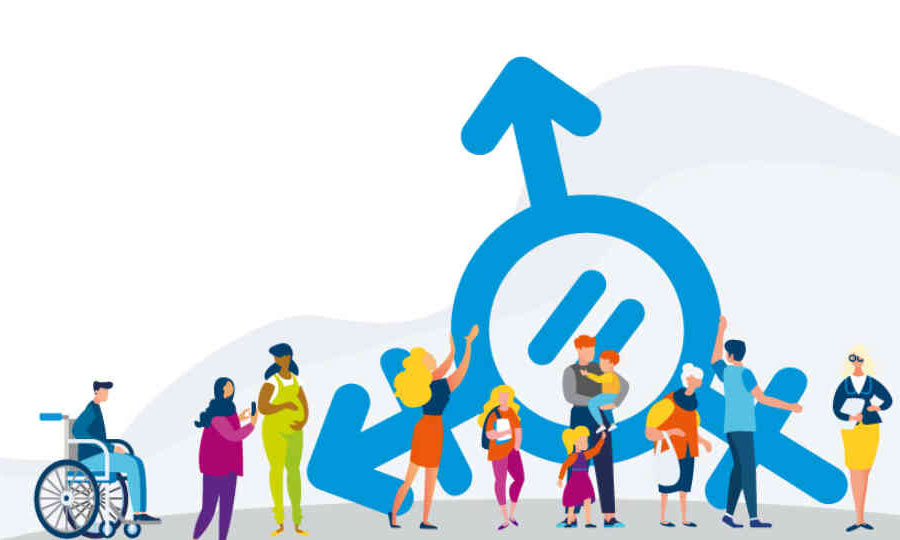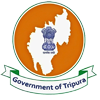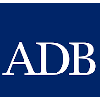
Implementation Approach of Gender Equality and Social Inclusion (GESI) Action Plans
-
The implementation of Gender Equality and Social Inclusion (GESI) action plans involves a
multi faceted approach that aims to create a more equitable and inclusive society. it requires
a combination of strategies across different levels, including policy changes, awareness
raising, capacity building, targeted interventions for vulnerable and Indigenous groups and
active engagement with various stakeholders to address inequalities based on gender, caste,
ethnicity, disability, and other social factors, ensuring everyone has equal access to
opportunities and participation in decision making processes. Here are the key steps or
approaches for effectively implementing Gender Equality and Social Inclusion (GESI) action
plans:
1. Secure Project’s Commitment:
Implant GESI principles and actions in the project’s vision, mission, and strategic plans.
Allocate sufficient human, financial, and technical resources for GESI implementation.
-
2. Establish a GESI Implementation Team:
Assemble a diverse team of individuals with relevant expertise and decision making authority.
3. Build GESI Capacities:
Provide extensive training and awareness raising on GESI for all staff.
Develop the skills and knowledge of GESI focal point.
Facilitate exchange of GESI good practices.
4. Develop a Detailed Implementation Roadmap:
Break down the GESI action plan into specific, time bound priority actions with assigned responsibilities.
Prioritize and execute the specific actions outlined in the GESI action plan.
Ensure that all activities, programs, and initiatives are designed and implemented with a GESI lens.
Establish clear timelines, milestones, and performance indicators to track progress.


-
5. Mainstream GESI in Operations:
Integrate GESI considerations into all subprojects and management processes.
Ensure equitable participation, access, and benefit-sharing for women.
Establish accountability mechanisms for GESI implementation.
6. Foster GESI Partnerships:
Collaborate with women's rights organizations, civil society, and community groups.
Facilitate knowledge-sharing and learning on effective GESI approaches.
7. Monitor, Evaluate and Learn:
Regularly review the implementation plan and adjust it based on feedback and lessons learned.
Regularly monitor and evaluate GESI progress and outcomes.
Capture and document GESI-related lessons learned and best practices.
Use the learning to inform and improve GESI policies, strategies, and actions.
GENDER EQUALITY AND SOCIAL DIMENSIONS
(i) providing access to at least 90% households (HH) in project towns to piped household water connection;
(ii) assessing reduction in time spent (through a baseline and endline) for women and girls in water collection;
(iii) integration of GESI elements in city masterplans;
(iv) providing skills training on non-traditional skills for community women from disadvantaged groups;
(v) measures to improve climate resilience of poor houses;
(vi) elderly (older persons), women, children, and persons with disabilities (EWCD) features in internal roads;
(vii) leadership training on integrating GESI in urban planning and service delivery for elected women representatives in project ULBs and for women staff of PMU and PIU in TUDA;
(viii) GIS based property tagging system with gender disaggregated data; and
(ix) improving institutional environment for gender equality and employment of women in TUDA and TTDCL PMU and PIUs.
For the tourism component the activities include:
(i) EWCD responsive features in 100% tourism project locations
(ii) business opportunities to women entrepreneurs/SHG members;
(iii) employment opportunities to women in green field project;
(iv) GESI sensitive awareness programs;
(v) training on GESI responsiveness in tourism-related procurement planning, integrating climate change, disaster resilience, tourism planning and management;
(vi) training on information technology and digitization for communication and marketing and
(vii) paid women internships at TTDCL for women.
Gender focal points will be designated both in TUDA and TTUDCL for supervision and monitoring of the project gender actions. Community awareness and public participation consultants (CAPP) with a dedicated team will be engaged for implementation of GESI AP. CAPP will prepare a community consultation and participation plan aligned to the GESI AP. Project management and supervision consultants (PMSC) shared between TUDA and TTDCL will have a gender expert. TUDA and TTDCL with support from consultants, will be responsible for monitoring, implementation, and reporting of the GESI action plan. The progress of the GESI action plan implementation will be reported every quarter as part of the quarterly progress reports to be submitted to ADB as per designated format. (ii) business opportunities to women entrepreneurs/SHG members;(iii) employment opportunities to women in green field project;(iv) GESI sensitive awareness programs; (v) training on GESI responsiveness in tourism-related procurement planning, integrating climate change, disaster resilience, tourism planning and management; (vi) training on information technology and digitization for communication and marketing and (vii) paid women internships at TTDCL for women. Gender focal points will be designated both in TUDA and TTUDCL for overall supervision, monitoring, and regular reporting of the project gender actions. Community awareness and public participation consultants (CAPP) with a dedicated team will be engaged for implementation of GESI AP. CAPP will prepare a community consultation and participation plan aligned to the GESI AP. Project management and supervision consultants (PMSC) shared between TUDA and TTDCL will have a gender expert. TUDA and TTDCL, with support from consultants will be responsible for monitoring, implementation, and reporting of the GESI action plan. The progress of the GESI action plan implementation will be reported every quarter as part of the quarterly project progress monitoring reports to be submitted to ADB as per designated format.



